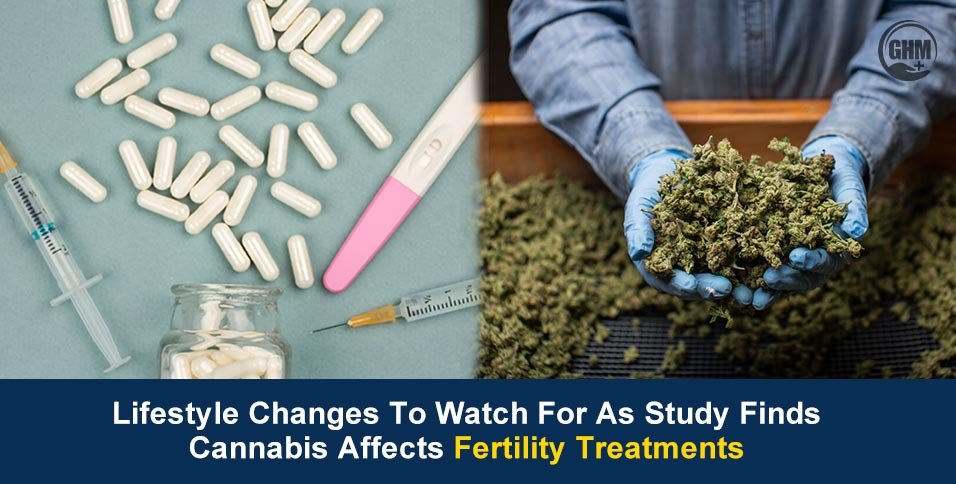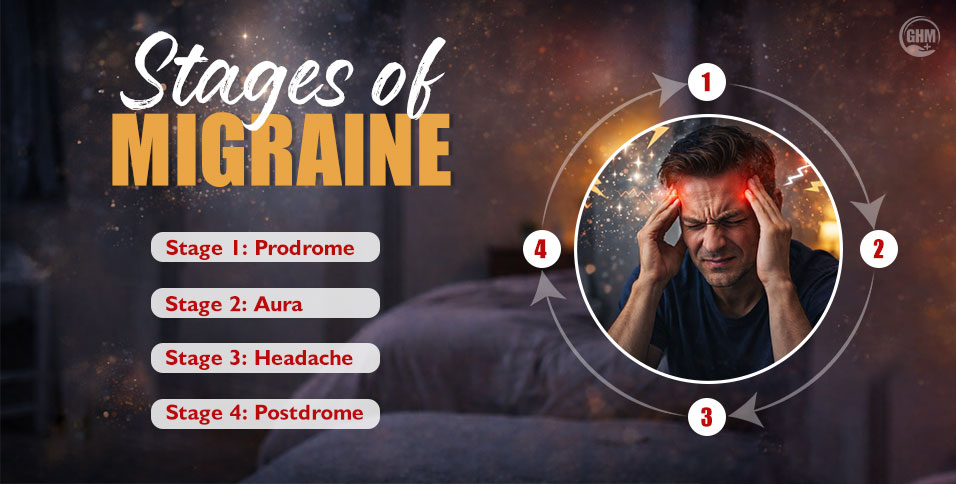A recent study has revealed that cannabis use may be linked to chromosomal abnormalities in IVF eggs, potentially reducing the chances of success in fertility treatment. Published in the Journal of Assisted Reproduction and Genetics, the research highlights how lifestyle choices directly influence fertility.
The findings come at a time when infertility rates are rising worldwide, with the World Health Organization (WHO) estimating that 1 in 6 people globally face fertility challenges.
While many blame biological factors such as age or genetics, experts are now emphasizing how everyday habits, often overlooked, can play a major role.
Cannabis’ Effects
1. Female Fertility
Cannabis, commonly known as marijuana, contains compounds called cannabinoids, such as THC (tetrahydrocannabinol) and CBD (cannabidiol), which interact with the body’s endocannabinoid system. This system plays a role in regulating reproductive processes, including ovulation and embryo development.
Chromosomal Abnormalities in Eggs
- The recent IVF-related study found that women who use cannabis may have eggs with chromosomal defects.
- Chromosomes carry genetic material, and abnormalities can lead to miscarriages, failed IVF cycles, or birth defects.
- These abnormalities may occur because THC interferes with how eggs mature and divide during ovulation.
Disrupted Ovulation
- Cannabis can disrupt the release of hormones like LH (luteinizing hormone) and FSH (follicle-stimulating hormone), which are essential for ovulation.
- This disruption may cause irregular menstrual cycles, making it harder to conceive naturally.
Impact on Implantation
- Even if fertilization occurs, cannabis may affect the uterine lining, reducing the chances of a successful implantation of the embryo.
- This is especially concerning for women undergoing fertility treatment, where embryo implantation is a critical step.
2. Male Fertility
Men who use cannabis may also experience changes in sperm quality, which can reduce the chances of conception.
Lower Sperm Count and Motility
- THC has been shown to reduce sperm production by affecting the testes’ ability to produce healthy sperm.
- It can also lower sperm motility, meaning the sperm may struggle to swim effectively to fertilize the egg.
DNA Fragmentation in Sperm
- Cannabis use has been linked to DNA damage in sperm, increasing the risk of chromosomal abnormalities when fertilization occurs.
- This can result in early miscarriages or unsuccessful IVF outcomes.
Hormonal Imbalance
- Regular cannabis use can reduce testosterone levels, lowering sex drive and further impairing fertility.
Cannabis and IVF Success Rates
For couples undergoing IVF, cannabis poses a unique risk,
- A 2025 study found that women who used cannabis before or during IVF treatment were twice as likely to have embryos with chromosomal abnormalities, leading to failed transfers or miscarriages.
- Men using cannabis showed reduced sperm quality, affecting embryo development and reducing success rates.
Because IVF involves significant financial and emotional investment, fertility treatment specialists strongly recommend avoiding cannabis completely during treatment.
Lifestyle Changes Affecting Fertility
1. Substance Use: Alcohol and Smoking
- Smoking: Cigarettes are well-known to lower sperm count in men and reduce ovarian reserve in women.
- Alcohol: Excessive drinking has been linked to hormonal imbalances and irregular menstrual cycles.
If someone is trying to conceive, it is best to avoid recreational drugs and limit alcohol consumption to maintain healthy reproductive function.
2. Poor Diet and Nutritional Deficiencies
A diet high in processed foods and sugars can lead to insulin resistance, which is strongly associated with polycystic ovary syndrome (PCOS), a leading cause of female infertility.
- In women, nutrient deficiencies such as low folate or iron can disrupt ovulation.
- In men, a lack of zinc and vitamin D can lower sperm motility.
Including whole grains, leafy greens, lean proteins, and omega-3-rich foods in the diet improves reproductive health naturally.
3. Chronic Stress and Mental Health
Stress triggers the release of cortisol, which can interfere with sex hormones such as estrogen and testosterone.
- Studies have shown that couples undergoing fertility treatment like IVF with higher stress levels tend to have lower success rates.
- Anxiety and depression can also reduce libido, leading to fewer chances of conception.
Practice mindfulness techniques like meditation, yoga, or deep breathing to manage stress levels.
4. Sedentary Lifestyle and Obesity
- Being overweight or underweight can disturb hormonal balance, leading to irregular ovulation in women and reduced sperm quality in men.
- Lack of physical activity is directly tied to poor circulation, which can affect reproductive organ health.
Even 30 minutes of moderate exercise five days a week can boost fertility by improving hormone regulation and metabolism.
5. Exposure to Environmental Toxins
Chemicals in plastics, pesticides, and certain beauty products may disrupt the endocrine system, interfering with reproduction.
- BPA, a chemical found in plastics, has been linked to decreased egg quality.
- Men exposed to industrial pollutants may have reduced sperm counts and motility.
Using glass or stainless-steel containers and choosing natural, organic products whenever possible could be a solution.
Severity of Matters
The recent discovery linking cannabis to chromosomal issues in IVF eggs is a wake-up call for couples trying to conceive. It highlights the fact that lifestyle changes affecting fertility treatment are not just personal choices but biological influencers.
The Broader Picture
Fertility challenges are no longer just a private issue; they are becoming a global public health concern. The recent findings on cannabis and IVF are part of a growing body of research emphasizing that lifestyle habits matter as much as medical treatments.
Couples struggling to conceive should not only seek professional help but also evaluate their daily choices, including diet and exercise for mental well-being. With the right improvements, many can improve their chances of building the family they dream of.
By addressing lifestyle changes affecting fertility, individuals and couples can take proactive steps to protect their reproductive health. The message is clear: the road to parenthood starts with the choices we make today.













